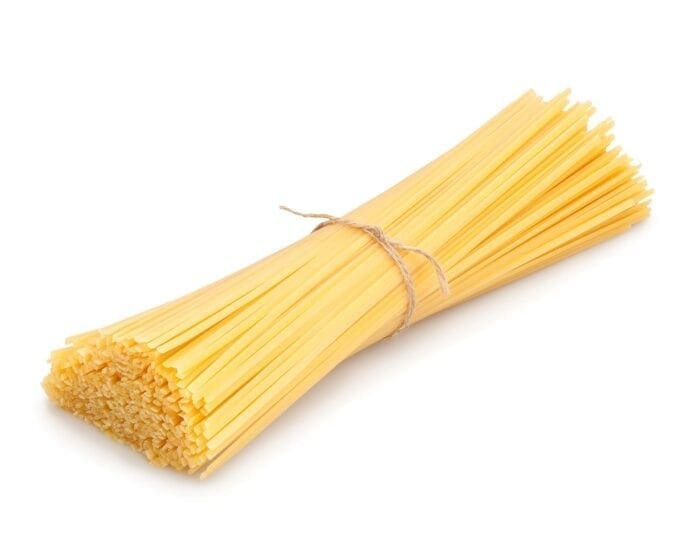A couple of years ago, my co-worker traveled with me to an event hosted through a fellowship I was leading for organizers. We drove up the mountain, down the mountain, and back a holler to get there. The trip, for me, was almost five hours one way. When we arrived, we were kind of shocked to see a room filled because the topic was SNAP benefits and fighting the changes to the Farm Bill, which would have brought drastic cuts to the program.
It was a diverse group in terms of race and age, as well, which is something else that sort of surprised us. As we were doing the introductions, my friend Jennifer began hers with a story of being a young girl and with a raw spaghetti noodle given to her in the kitchen by her mother. Everyone in the room was laughing because we all shared the same memory. Imagine something as insignificant as the memory of a raw spaghetti noodle bringing folks together. But it worked.
I love spending time with people who share my lived experience. There truly are few conversations that are more fun for me than sitting in a room full of people who have survived the struggle to reach adulthood. Whew. Bring something up about your childhood and being poor and the room fills with laughter and stories. I don’t care if it’s stories about the old food stamps you had to rip out and count like money or government cheese; the laughs are guaranteed.
It’s the raw reality of the people I do life with that keeps me going. We’re loud, whether we’re mad or happy. We usually only have a couple people who are truly our ride and dies, but we know a lot more. We love hard. We fight hard. We are hard, at least to a point.
Years ago, in a Ruby Payne training, a video clip was shown of a woman talking about the differences class rules would play in reporting a robbery at a convenience store. There’s no way I can remember the words, but the sketch was of people from social classes making a report to the officer. It would go something like this for a middle-class woman: “Oh, I was standing here in line, and he pushed in front of me. He was probably mid-20s, six feet tall- he looked about my son’s age-was wearing a jacket of some sort. I didn’t want to stare at him.” Then the comedian began talking about how a poor woman would have described the scene: “He came bustin’ in here, push’ people. He was wearing one of those hoodies like I bought my son for Christmas; you know, the ones that all the kids have to have with the shoe logo on it. That thing cost me a fortune. Anyway, he went right up to the cashier and started waving that gun around, telling him to give him all the money. Cussin’ with a mouth he shouldn’t kiss his mother with. What kind of gun? Oh, I don’t know, but it’s the same kind my cousin Jimmy had…a 9 mm, I think. Fits in your hand. Jimmy used to wave his around, too, until he got picked up again. He’s wishin’ he woulda listened to his mama now. Third strike. He wouldn’t listen to nobody, and his poor mom! Man, he’s put her through it. Oh, how old? He’s probably about 21 because he looks like my boy and none of them have any sense at that age.”
I am smiling while I write this because it’s true. I love my people so much.
I love my people because we tell great stories. Being in a room of my people is free entertainment, and that’s about all we can afford. A trip to the movies is unbelievably expensive, as is cable, but we’re funny and love to make other people laugh. And we can tell stories that make us feel like we’re right there in the moment. It doesn’t surprise me that my job is partly to collect stories, but they’re rarely the funny ones.
We talk about not knowing how we’re going to pay the rent or buy food. We talk about how we can’t afford health insurance and wish that something would change. We’re talking about job loss and non-livable wages, of how the paradox of “working poor” should be all lawmakers need to hear. When we speak to power, we’re doing it from a place of necessity. I always say that it comes from a point of heartbreak.
Telling our stories doesn’t always bring immediate change, but I know within my soul that it paints a different picture in someone’s mind of who we are.
And that’s a start.
Onward,
Amy Jo


